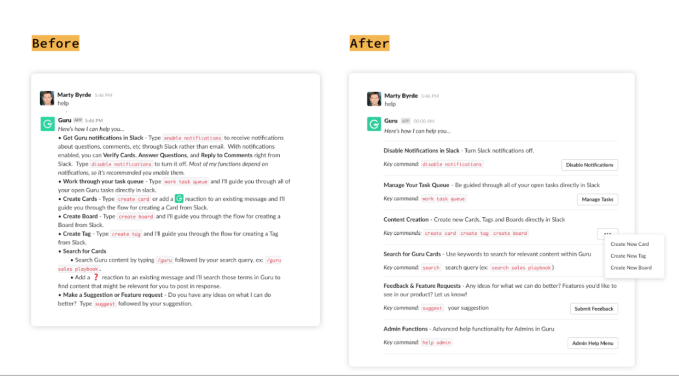Sling TV’s growth has slowed dramatically as the competitive landscape for live TV streaming services has heated up. Despite this, the Dish -owned streaming service remains ahead of rivals in terms of subscriber count – largely due to it being first to market with streaming TV. Dish said today it closed out the year with 2.417 million Sling TV subscribers. That puts it ahead of AT&T’s DirecTV Now, which ended 2018 with 1.6 million subscribers.
It’s also more than newcomers like YouTube TV and Hulu with Live TV. The latter topped 1 million subscribers this past fall. YouTube TV doesn’t report its numbers, but had an estimated 800,000 subscribers as of last July. It’s likely neck-and-neck with Hulu Live TV at this point.
Dish reported its Sling TV numbers as a part of its Q4 2018 earnings, which also indicated that Sling TV is nowhere near making up for the subscriber loss from Dish’s satellite TV service. The company lost 1.125 million satellite TV subscribers during its fiscal 2018, up from the 995,000 it lost the year prior.
Meanwhile, Dish added a net gain of 205,000 Sling TV subscribers in 2018. That’s down from the 711,000 added in 2017 and the 878,000 added in 2016.
The company closed out the quarter with 12.32 million total pay TV subscribers, including 9.90 million Dish TV subscribers and 2.42 million Sling TV subscribers, it said.
In addition to the increased competition from other streaming services and a price increase, Dish’s carriage disputes have also impacted Sling TV.
The company no longer carries Univision on Dish or Sling TV. Plus, HBO and Cinemax left Dish and Sling TV on October 31, due to a dispute with the premium networks’ new owner, AT&T.
The move to drop HBO and Cinemax had already taken its toll on Sling TV in Q3, when Dish reported a net add of only 26,000 new Sling TV subscribers for the quarter.
In the months since, Sling TV has been trying new tactics to attract customers – including rolling out free content to non-subscribers, offering a la carte subscriptions that don’t require a core programming package, and, most recently, launching personalized recommendations.
Unfortunately for Sling TV, these moves may not be enough. And things won’t get better in 2019 as a number of new streaming video services compete for customers’ dollars – like those from Time Warner, Apple, and Disney.







